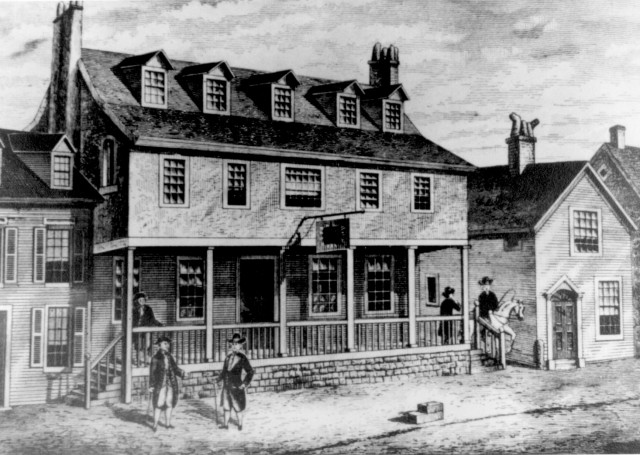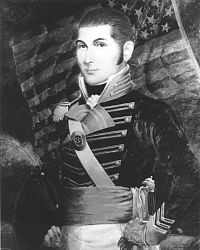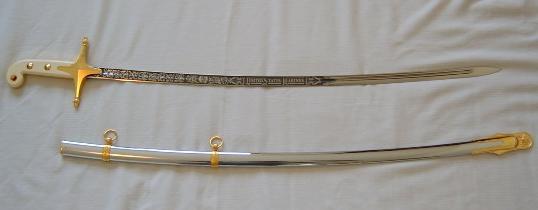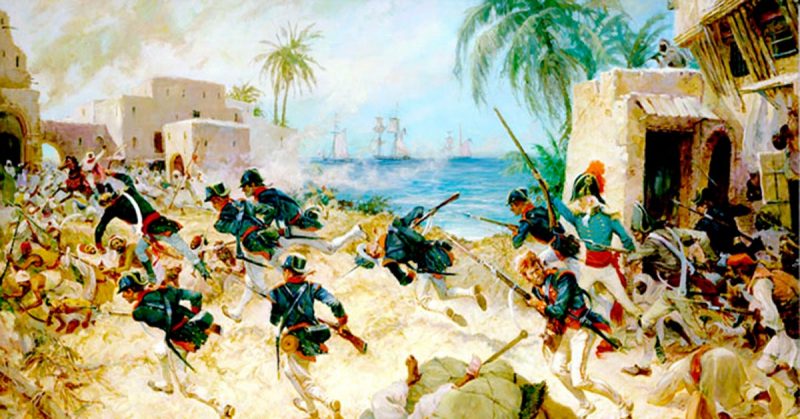People say many things about the United States Marine Corps, but one thing they can not say is that these mighty warriors of the modern era do not love their history. For when an American Marine recruit steps on the famed yellow footprints of Paris Island or San Diego, they are literally walking into a historical tradition that pre-dates the American Constitution itself.
The recruits know it, the current Marines know it, and the enemy that will have to face these warriors will soon know it. Beginning in the first few decades of America, it was the Barbary Pirates turn to find out what the United States Marines are made of. Out of that engagement came one of the most enduring symbols of Marine Corps history and bravery.
It Started in a Bar
The US Marine Corps might be one of the few organizations that pride themselves on having been founded in a bar. On November 10, 1775, the Continental Congress issued a proclamation creating the United States Marine Corps, and in fitting tradition when recruiting a few Marines, they headed to a bar. Tun Tavern in Philadelphia became the historical birthplace of the Marines, and in a short time, they were firing upon British officers from the riggings of American ships in the war for independence.
After the war, it fell upon the Marines to maintain their naval roots and serve as a Department of the Navy. Just a little reminder: if someone wishes to inform a modern Marine that they are a part of the Navy, they might be in for a fight. History, however, tells the truth and those first Marines went as far as the United States Navy transported them. For Lieutenant Presley O’ Bannon, that meant a ride to North Africa in the early 1800’s and a place in Marine Corps legacy on the famed shores of Tripoli.

In the years following the US becoming an independent nation, American shipping fell out of the protection of European powers. It was subject to the rampant piracy that took place off the shores of North Africa in the Mediterranean.
Barbary Corsairs and men from the Ottoman provinces of Algiers, Tunis, and Tripoli had made quite a name for themselves by seizing Western shipping and demanding a ransom for their crews. Hostages were known to endure grueling conditions in captivity as they awaited a ransom that was in fact often paid. In some cases, the payment requested exceeded 10% of the American budget. President Thomas Jefferson decided to put an end to it.
An American Flag on Foreign Soil
Emboldened by a well-equipped US Navy, Thomas Jefferson sent ships and Marines to combat the threat of piracy off North Africa. Upon arriving with a force aided by Greek Christian and Arab mercenaries, the US Military set out on a mission to quell the pirate threat and establish America as a legitimate world military power.
Although holding together a force of Christian and Muslim mercenaries proved more complicated than they thought, they set out from Alexandria, Egypt to lay siege to the Libyan city of Derna.
The US Navy, along with any allies they could scrap up, was already conducting a blockade of Barbary Pirate ports as well as leading raids when possible. For O’Bannon and Marine Corps history, they went on a 600-mile march over the deserts of Egypt and Libya to reach Derna.
When they arrived, Lieutenant Presley O’Bannon led a charge with his Marines and combined mercenary force to take the city of Derna. It marked the first time that the American flag was victoriously raised in combat on foreign soil.

With continued pressure from the sea and a new threat of land invasion from Derna, the Barbary powers signed a treaty ending hostilities on June 10, 1805. For their actions in combat, an Ottoman Empire Viceroy gifted Lieutenant Presley O’Bannon a Mameluke sword that became the inspiration for the sword carried by United States Marine Officers to this very day.
O’Bannon returned to America and embarked on a career in politics in the State of Kentucky. Meanwhile, the US Marine Corps took the traditions and sword of Lieutenant Presley O’Bannon and began a legacy that took them from the volcanic ash of Iwo Jima to the streets of Fallujah.
The Hymn and Sword
In 1825, Marine Corps Commandant Archibald Henderson adopted the Mameluke sword awarded to O’Bannon to be carried by Marine officers in what became a tradition that has carried on through to modern times. As far as the fabled hymn of the United States Marine is concerned, while it did not become a tune until the 20th century, the phrase “to the shores of Tripoli” adorned the Marines Flag in the 1830’s.

There is not a Marine recruit in the modern era who does not go to sleep at night before uttering the phrase, “From the Halls of Montezuma to the shores of Tripoli.”
The US Marine Corps loves its history, and they would be the first to tell you that not only are they fighting for the Marine next to them in combat, but they are also fighting for all the Marines who went before them.
Without exception and almost to a heightened degree, they are fighting for the Marines who stormed the shores of Libya over 200 years ago.
